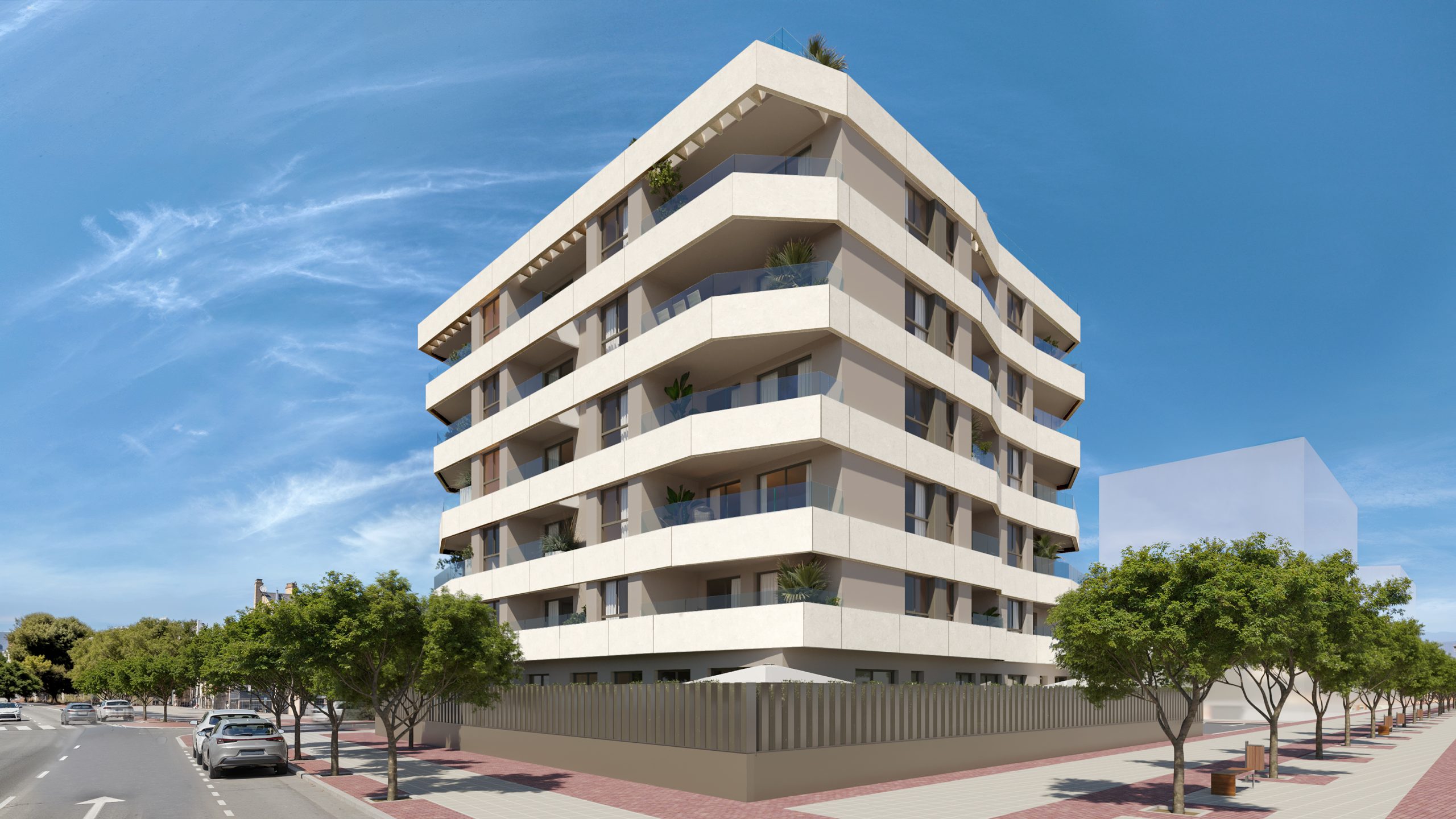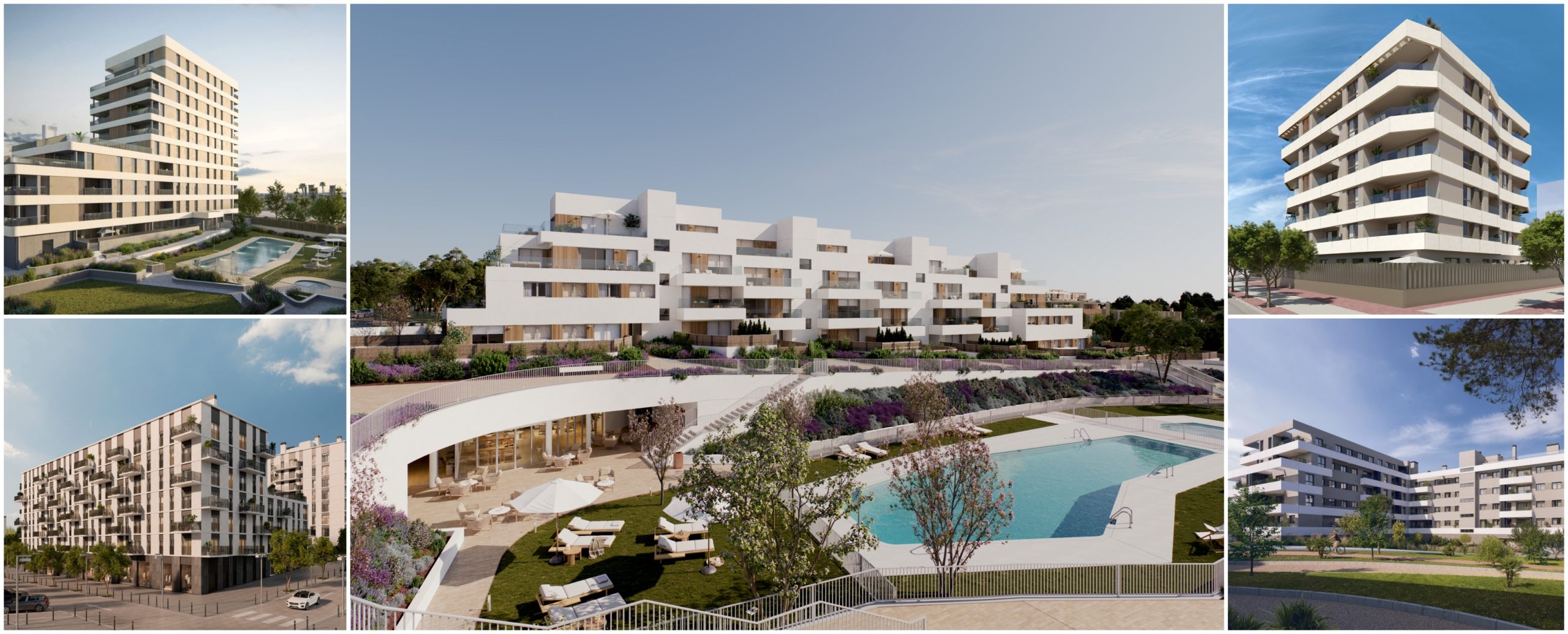What are the main rules for community swimming pools?

The use of community swimming pools is becoming more and more common, and not only those that are enjoyed on holiday, we are also seeing more pools like this run by Homeowners’ Association. But, are we familiar with regulations related to community swimming pools? How should we behave?It seems like an easy question to answer a priori, but not everyone actually knows the rules to be followed and, for this reason, we provide you with a short list of the main rules to bear in mind for correct use of communal swimming pools.
Who sets the rules for community swimming pools?
Although each Homeowners’ Association may (and should) create internal rules of use, all community swimming pools must comply with the minimum health and safety standards specified by law.
Minimum rules required by law
An essential factor in all swimming pools is that the water is clean and well-maintained, and it is for this reason that the law has established approved systems for qualified personnel to purify and clean them, and it establishes who can check the state of the water and maintain it correctly, performing the required actions when necessary.
There are also minimum safety requirements, for example, the pool must not be more than 3 metres deep and the perimeter must be made from a non-slip material in order to prevent accidents and so that users are able to enjoy themselves as safely as possible.
With regards to cleanliness, you must shower before entering the community pool. Therefore, the Homeowners’ Association is required to install the necessary showers. The number of showers required depends on the swimming pools’ number of users and capacity.
As a general rule, animals are not permitted to enter these swimming pools, but it is possible that owners may come to another agreement. For example, its normal for animals to be allowed to walk through the swimming pool area in order to get to other facilities, or even for them to be in the vicinity but tethered and accompanied by their owner.
These are some of the minimum rules for community swimming pools established by law and which must be complied with no matter what, but regulations don’t stop there: the Association may impose their own internal rules of use and, in fact, this is very common.
Aspects that the Homeowners’ Association may regulate
In addition to the minimum legal requirements, as previously mentioned, it is recommended and completely normal for Homeowners’ Associations to establish internal rules of use to facilitate communal use of the swimming pool and prevent altercations and possible conflicts between neighbours.
These rules can address a number of issues: opening times, capacity, use of inflatables, presence of lifeguards, access to events held at the community swimming pool, banning sun lounger reservations, etc. However, all of the rules put in place by the Association to be observed must be visible to users at the entrance to the swimming pool as well as within the facility.

Lifeguards, are they compulsory?
Although the presence of a lifeguard is always recommended in order to avoid any accidents, in reality, community swimming pools are not always required to have one. Whether or not a lifeguard is compulsory depends on the regional rules to which the pool is subject. However, this doesn’t mean that there are no rules for communal swimming pools without a lifeguard and users must also comply with these rules.
If the decision is made to provide a lifeguard (either by choice or because it is compulsory in that region), he/she must be qualified and must ensure the safety of the users at all times.
Social etiquette
Finally, it never hurts to talk about another type of rule that is not always followed by everyone: social rules to promote communal use and prevent conflicts.
In all communal spaces, and of course in community swimming pools as well, priority should be given to having respect for other users: for their personal space and belongings, avoiding use of loud music, creating a lot of noise which may annoying others or any other disruptive behaviour.
Community swimming pools are spaces to be enjoyed, to cool off and spend some time with family and friends, therefore, we must do everything in our power to ensure there is a healthy and pleasant atmosphere for everyone.Now that you are familiar with the main rules of use for community swimming pools, nothing will stop you from enjoying the summer by using them responsibly and encouraging others to do the same.


